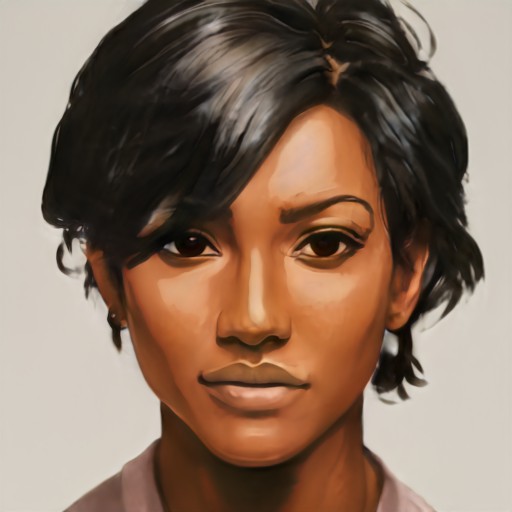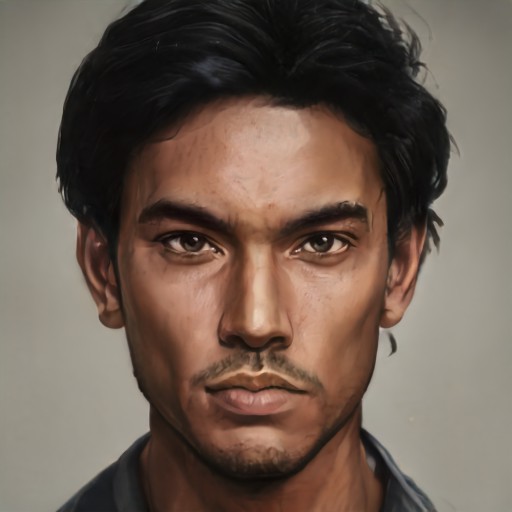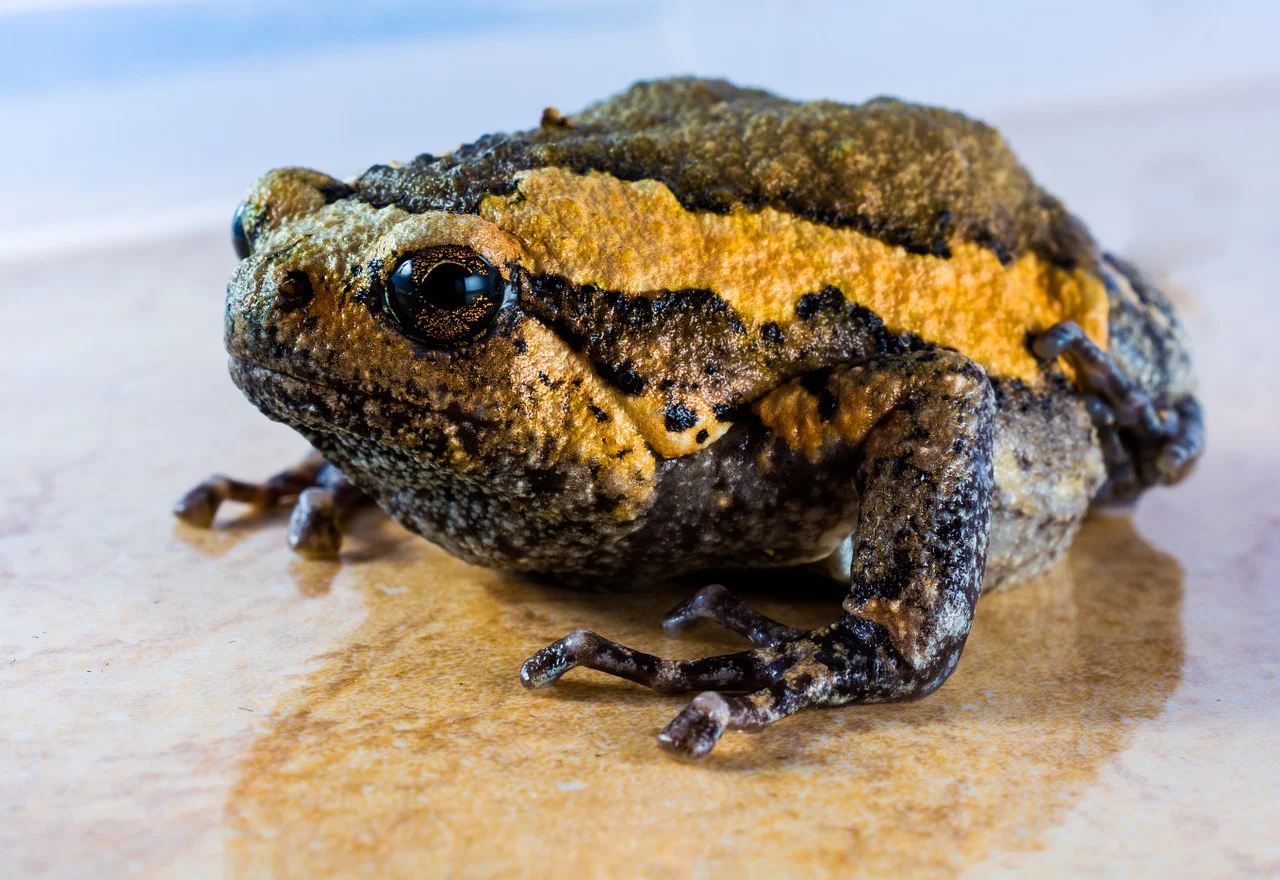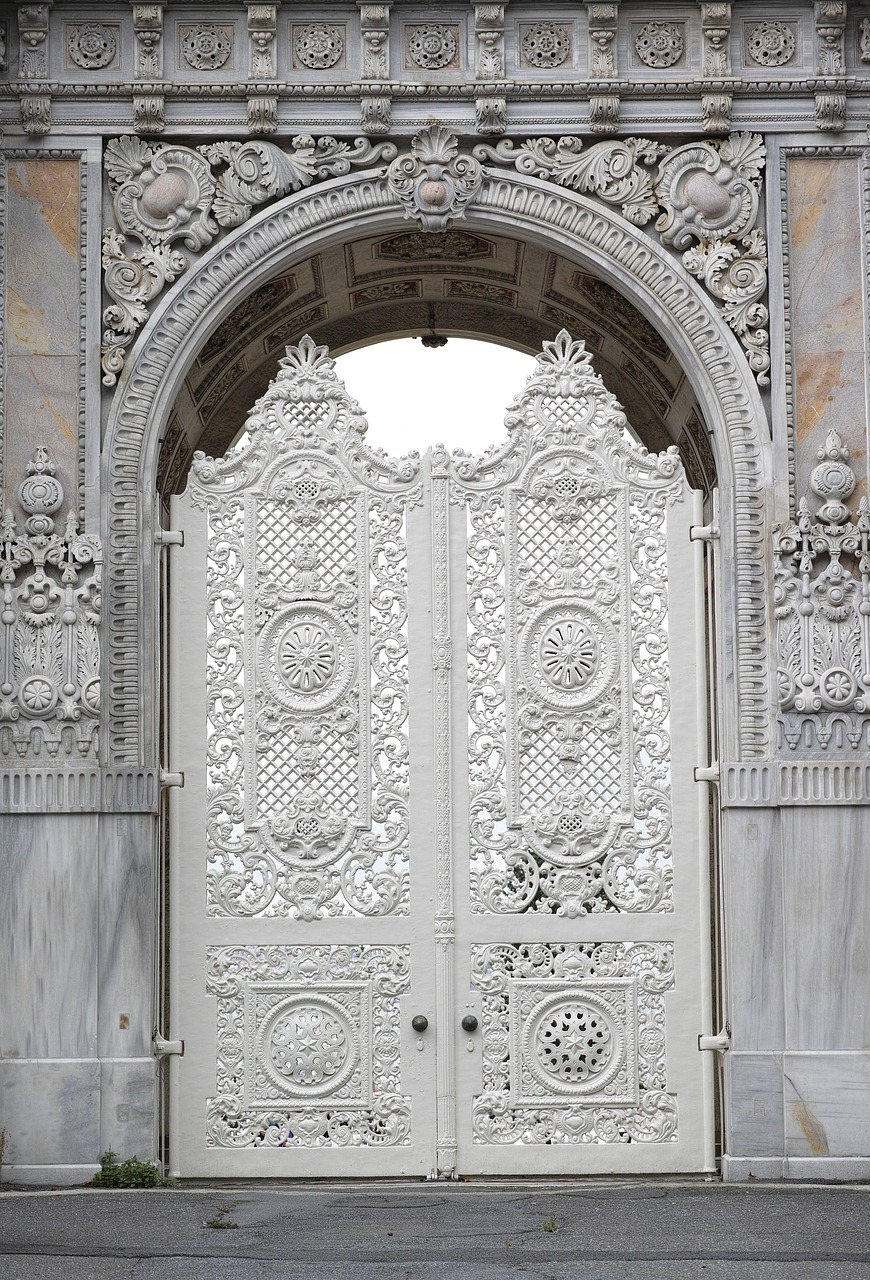Jirian
Culture
Shared customary codes and values
Jirians separate their public and private lives, and believe that the two should not intersect if at all possible.
In public, Jirians are pleasant, polite, and reserved. People will talk and laugh about the weather or current events, but discussing each others' personal lives is incredibly impolite. Public displays of affection are seen as out of place and are extremely uncomfortable for Jirians.
Sincere emotions and struggles in one's private life are intimate topics that are only discussed with those a person deeply trusts.
To outsiders, Jirians can often come across as shallow, evasive, or overly formal.
Common Etiquette rules
Formality and respect are highly valued. Everyone has a place in the social hierarchy, and proper respect toward those of a higher status is expected.
Respect toward the elderly is especially important. When addressing someone older than oneself, the title kerr, meaning honored, is always be used. Grandparents are the heads of households, and their decisions should be followed by younger members of the family.
It is considered impolite to speak to someone older unless they began the conversation first. Only those of a significantly higher social status like a knight or doctor can address their elders first, and even then the young are expected to treat them with respect and consideration.
Art & Architecture
Jirian art and architecture are intertwined. Common buildings are designed simply, but palaces and monuments are adorned with intricate stone carvings of animals, plants, and geometric designs.
Birth & Baptismal Rites
A child's adoption is celebrated by the entire household. It is traditional to present the child with a small wooden pendant on a string with their first name and their new family's name carved into it. This token is often worn around a person's neck and beneath their clothing even into adulthood.
Adoption days are celebrated with a special meal and an exchange of gifts every year instead of birthdays.
Funerary and Memorial customs
After a person dies, their body is cremated and their ashes are scattered across water. It is better to scatter the ashes over the ocean, but those who cannot make the journey will spread them over another body of water like a river or pond.
People who were especially close to the deceased will receive a small item of theirs such as a piece of jewelry. Memorial jewelry is the only type of accessory that is considered appropriate to wear outside of special occasions.
Common Taboos
It is considered incredibly disrespectful to pry into someone's personal life. Even something as simple as asking about another person's family is rude unless the speaker is close personal friends with them.
Jirians believe that life is inherently unpredictable, and they distrust anyone who claims to see into the future. Seeking out a fortune teller is unacceptable, and attempting to discern the future yourself is outright taboo.
Common Myths and Legends
Although the Jirian pantheon of animal gods are no longer worshiped, they still appear in myths and folklore. Many towns in Jirithkae have been named after the old deities.
The Jirian pantheon includes:
- Serit: A toad deity of wealth, commerce, and civilization
- Kamesh: A turtle deity of time, the moon, and magic
- Heliasek: A jellyfish deity of the ocean, night, and the afterlife
- Amiya: A cobra deity of war and the sun
- Vesmek: A deer deity of stone, art, and the home
- Bahrihna: a butterfly deity of nature, plagues, and agriculture
Ideals
Relationship Ideals
Marriage
Jirians practice three distinct types of intimate relationships similar to marriage.
The first is fakirii (sing. fakirem), who are people who have a strictly sexual relationship without any romantic attachment. This type of relationship is purely focused on procreation, and fakirii will never live together or have a long-term relationship.

The second are amekirii (sing. amekirem), who are people with a deep emotional bond that is fueled by romantic and often sexual attraction.
The third are nekirii (sing. nekirem), who are people with an incredibly deep and intimate, but strictly unromantic, bond.
While fakirii relationships are considered trivial, both amekirii and nekirii relationships have equally important weight within Jirian society. Amekirii and nekirii both typically live together, and both terms best translate as "marriage" in other languages.
Polyamory is common among Jirans, although the majority of people are monogamous. Since Jirian marriage is primary defined by emotional attachment, it is not considered out of the ordinary for a person can have multiple fakirii while still being in a monogamous relationship with their spouse.
The Family
Jirians believe that family are the people who raise and provide for you, not the ones who are related by blood.
Parent-child and sibling relationships are nonexistent in Jirian culture. Instead, the oldest generation living in a family household are considered grandparents and any younger family members are considered cousins. A typical household is made up of grandparents and multiple generations of cousins.
Grandparents are expected to raise any children in the household. A child and their grandparent are considered to have the closest familial bond, similar to that between a parent and child in other cultures.
Adult cousins are expected to work full time to provide for the household. Many adults don't live with the household they provide for, and instead live with their amekirem or nekirem while sending money back to their family.
Additionally, a person's spouse, no matter the relationship type, is not considered a legal part of their family and is under no obligation to provide for their spouse's household. Even when they live together, amekirii and nekirii will usually each financially support their own grandparents' household.
Although an adult will occasionally raise their biological children as younger cousins in their household, the vast majority of children in Jirian families are adopted. Families are encouraged to adopt as many children as possible, as those children will be the next generation of providers for the household.

Family Names
Akhtar, Bedi, Bhatena, Chaitanya, Gunaji, Hansraj, Issar, Kapoor, Khanna, Kohli, Kumar, Mishra, Patekar, Rao, Sarna, Talsania, Verma
Feminine Names
Amara, Anaya, Arushi, Denali, Dhyana, Eshana, Guri, Haimi, Iha, Janaki, Jasleen, Kalida, Karishma, Ketaki, Laasya, Makara, Naveen, Ninarika, Pallavi, Prita, Ramya, Rukmini, Sarika, Savitri, Sunila, Tarala, Vasanti
Masculine Names
Aditya, Anik, Charan, Darshan, Dinesh, Ekram, Gatik, Hajari, Hilol, Jagannath, Jayin, Kartik, Kishan, Manjit, Naresh, Nirav, Pavan, Pranav, Rajesh, Ranjeet, Ronit, Sanjay, Shaurya, Sunesh, Tilak, Vasant, Vivek
Androgynous Names
Aja, Ameya, Chandra, Falan, Jain, Jinedra, Kailas, Kalyan, Kirit, Madesh, Mahari, Nayan, Patel, Satya, Vahni, Veda
Remove these ads. Join the Worldbuilders Guild











